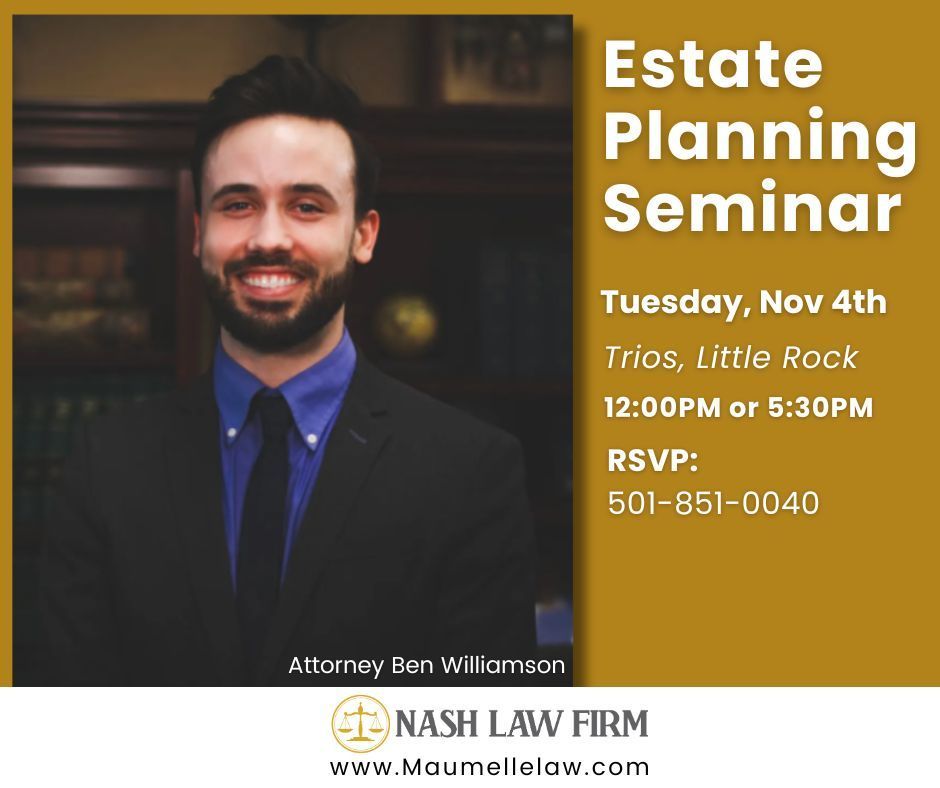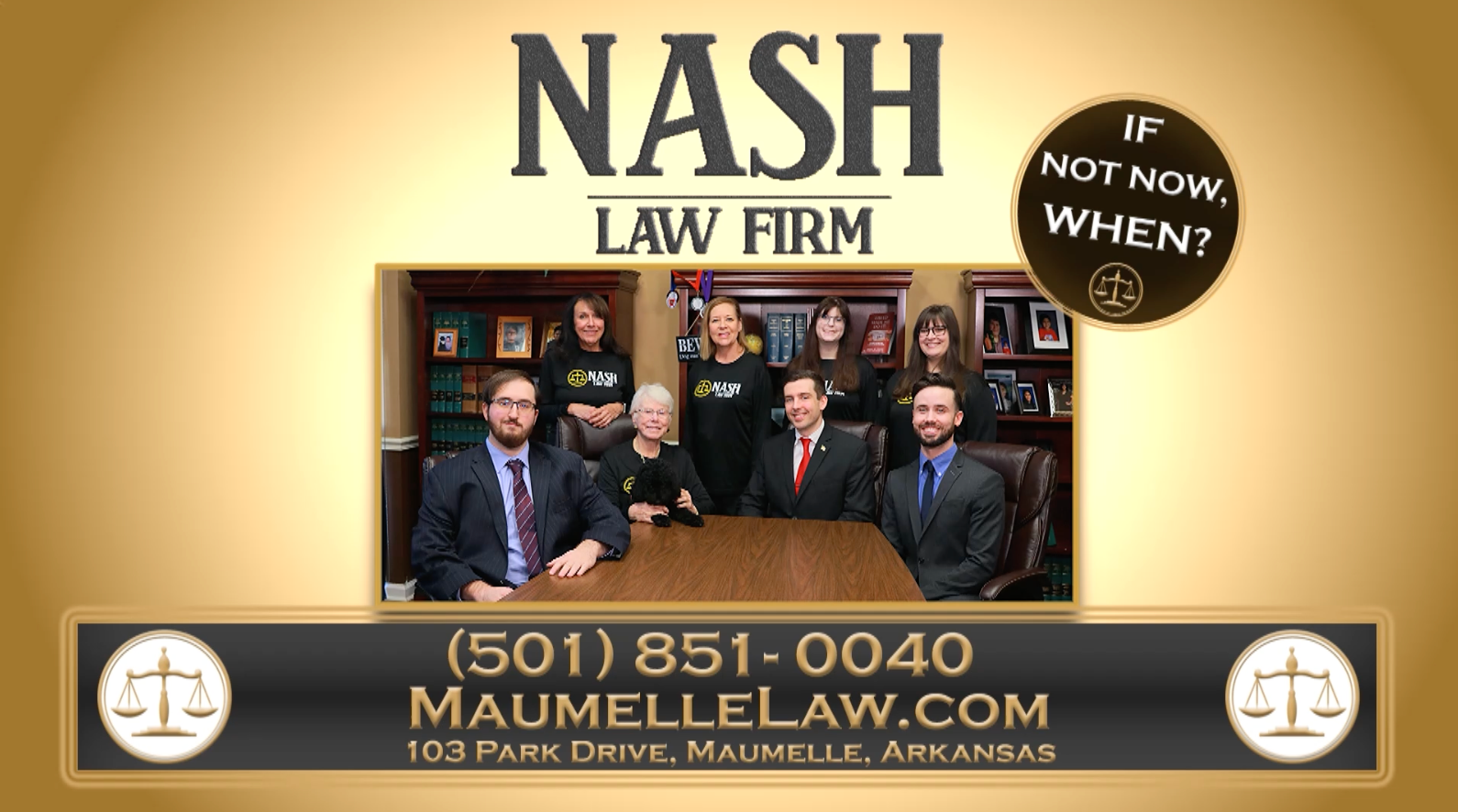The Top 5 Estate Planning Mistakes Families Make (And How to Avoid Them)

Estate planning is one of the most important steps you can take to protect your family’s future, yet it’s often overlooked or rushed through. Mistakes in estate planning can lead to unnecessary stress, conflict, and financial loss for your loved ones. The good news? With a bit of preparation and guidance, these pitfalls are entirely avoidable. Here are the top five estate planning mistakes families make and how to ensure you don’t follow in their footsteps.
1. Failing to Update Your Will
Life changes constantly. Whether it’s a new marriage, the birth of a child, a divorce, or even the purchase of a major asset like a home, your will should reflect your current life circumstances. Outdated documents can lead to disputes or unintentionally leave someone out of your estate.
How to Avoid It: Schedule a review of your estate plan every few years or after major life events. An experienced attorney can ensure your documents align with your wishes.
2. Overlooking Healthcare Directives
A sudden illness or accident can leave loved ones scrambling to make tough decisions on your behalf. Without a living will or healthcare power of attorney, your family may disagree about medical care, leading to prolonged emotional strain.
How to Avoid It: Include an advance directive and designate a healthcare proxy as part of your estate plan. This ensures your medical wishes are honored and spares your family unnecessary conflict.
3. Ignoring Digital Assets
From bank accounts to social media profiles, our digital lives are just as important as our physical assets. Without proper documentation, access to these accounts can become a legal headache for your heirs.
How to Avoid It: Create an inventory of your digital assets, including login information and instructions on how to manage them. Work with an attorney to incorporate these into your estate plan.
4. Choosing the Wrong Executor
The executor of your estate is responsible for carrying out your wishes, paying debts, and distributing assets. Choosing someone unprepared or untrustworthy can lead to delays, disputes, or mismanagement.
How to Avoid It: Select someone who is responsible, organized, and capable of handling financial matters. If no suitable person is available within your family, consider appointing a professional executor.
5. Not Accounting for Taxes
Estate taxes and inheritance taxes can take a significant portion of your estate if not properly planned for. Many families don’t realize the impact taxes can have on the assets they leave behind.
How to Avoid It: Consult with an estate planning attorney to explore tax-efficient strategies like trusts, gifting, and charitable donations. Proper planning can reduce or eliminate tax burdens on your heirs.
The Bottom Line
Estate planning is more than just writing a will. It’s about protecting your family, ensuring your wishes are carried out, and avoiding unnecessary complications. By addressing these common mistakes, you can create a solid plan that gives you and your loved ones peace of mind.
Let Nash Law Firm Help
Avoiding these mistakes starts with expert guidance. Contact Nash Law Firm for a free consultation and take the first step toward securing your family’s future. Let our experienced team help you craft an estate plan that truly works for you.
DISCLAIMER: The information provided on this website does not, and is not intended to, constitute legal advice; instead, all information, content, and materials available on this site are for general informational purposes only. Information on this website may not constitute the most up-to-date legal or other information. This website contains links to other third-party websites. Such links are only for the convenience of the reader, user or browser; the Nash Law Firm does not recommend or endorse the contents of the third-party sites.
Readers of this website should contact their attorney to obtain advice with respect to any particular legal matter. No reader, user, or browser of this site should act or refrain from acting on the basis of information on this site without first seeking legal advice from counsel in the relevant jurisdiction. Only your individual attorney can provide assurances that the information contained herein – and your interpretation of it – is applicable or appropriate to your particular situation. Use of, and access to, this website or any of the links or resources contained within the site do not create an attorney-client relationship between the reader, user, or browser and website authors, contributors, or Nash Law Firm.









![Nash Law Firm Logo [click to return home] Nash Law Firm](https://lirp.cdn-website.com/8c4d5b2c/dms3rep/multi/opt/nashlogo_colorgray_horz-1920w.png)


![Nash Law Firm Logo [click to return home] Nash Law Firm Logo](https://lirp.cdn-website.com/8c4d5b2c/dms3rep/multi/opt/nashlogo_whgold_horz-1920w.png)

